Dalan Animal Health adapts bee-proven vaccine tech to shrimp, harnessing innate immunity to fight major aquaculture diseases.
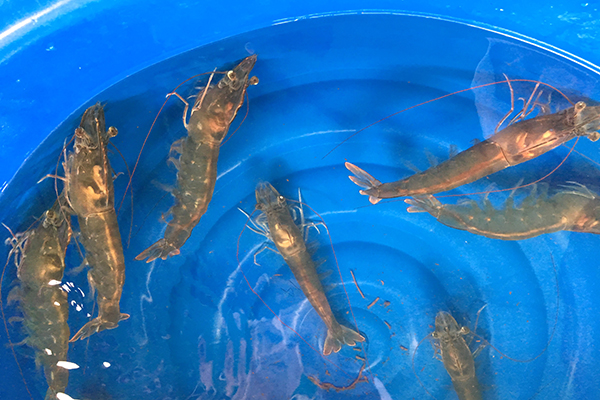
In a potential breakthrough for the aquaculture industry, U.S. biotech company Dalan Animal Health has developed a way to train the immune systems of fish and other animals to fight off deadly diseases. This new technology taps into innate immunity – the body’s non-specific defense system – and teaches it to provide long-term protection against a wide range of deadly pathogens. This discovery reportedly has the potential to transform animal health, food security and future human health applications.
The company says that its platform activates a shrimp’s innate immune system prenatally, enabling species-wide disease resistance. This approach was first validated with the world’s first honeybee vaccine, which Dalan reports has already protected over 20,000 colonies. Now, the company is applying this same technology to aquaculture, introducing what it calls the first-ever viable shrimp vaccine – a potentially critical step in safeguarding the $45 billion global shrimp industry.
“We are not just offering a vaccine – we are providing an innovative tool for the shrimp industry that benefits economic and ecological sustainability,” Dr. Annette Kleiser, CEO of Dalan Animal Health, told the Advocate.
The adaptive immune system – also known as the acquired or specific immune system – is a specialized branch of the immune system that uses targeted cells, organs and physiological processes to identify and eliminate specific pathogens. It’s one of two primary immunity strategies in vertebrate animals. The other is the innate immune system (or nonspecific immune system), an alternate defense strategy that not only supports vertebrates but also serves as the dominant immune system response in plants, fungi and invertebrates like bees and shrimp.
Dalan reports that its new vaccine will offer a non-chemical alternative to manage major shrimp diseases like White Spot Syndrome Virus (WSSV) and Acute Hepatopancreatic Necrosis Disease (AHPND)/Early Mortality Syndrome (EMS). In testing its shrimp vaccine, 62 percent survival rates against WSSV and 61 percent survival rates against EMS were noted.
For shrimp farming, artificial intelligence offers long-term value
Dalan says its technique can train the innate immune system prenatally – by immunizing broodstock shrimp – offering offspring protection against multiple disease threats. Its vaccine platform, it adds, will provide lifetime protection.
A key breakthrough of this approach is the discovery that innate immunity – once thought to lack memory – can be trained, unlocking new disease prevention strategies in aquaculture.
“Our aim is to provide a sustainable, non-chemical solution to combat devastating diseases affecting the shrimp industry, like White Spot Syndrome Virus and Early Mortality Syndrome,” Fernando Riaza Carcamo, Dalan’s Head of Business Development, told the Advocate. “We believe we are not just protecting animals – we’re moving entire ecosystems and food production systems forward.”
The novel vaccine has reportedly been administered to shrimp broodstock in several ways, with oral delivery emerging as the preferred method. So far, its efficacy has been tested in lab models, with protection observed in the next generation of shrimp and lasting for several months. Field trials will be needed to confirm its effectiveness under real-world aquaculture conditions.
In honeybees, queen vaccination has shown protection that lasts several months, protecting the entire colony. Dalan hopes that prenatal immune training in shrimp broodstock will deliver similar long-lasting protection in the next generation that is observed in the lab.
Now that you've reached the end of the article ...
… please consider supporting GSA’s mission to advance responsible seafood practices through education, advocacy and third-party assurances. The Advocate aims to document the evolution of responsible seafood practices and share the expansive knowledge of our vast network of contributors.
By becoming a Global Seafood Alliance member, you’re ensuring that all of the pre-competitive work we do through member benefits, resources and events can continue. Individual membership costs just $50 a year.
Not a GSA member? Join us.
Author
Tagged With
Related Posts
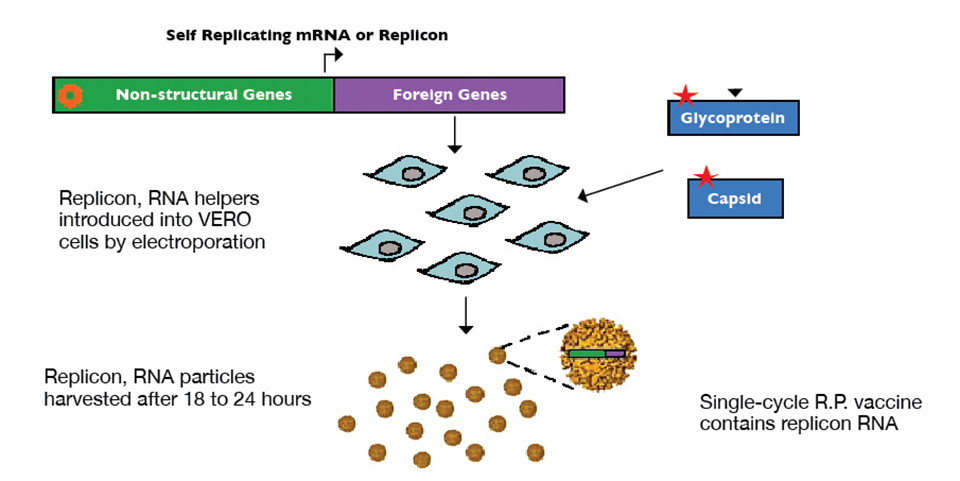
Health & Welfare
Alphavirus replicon particles potential method for WSSV vaccination of white shrimp
A study demonstrated that VP19 and VP28 white spot syndrome virus envelope proteins expressed by replicon particles provided protection against mortality due to WSSV in shrimp.
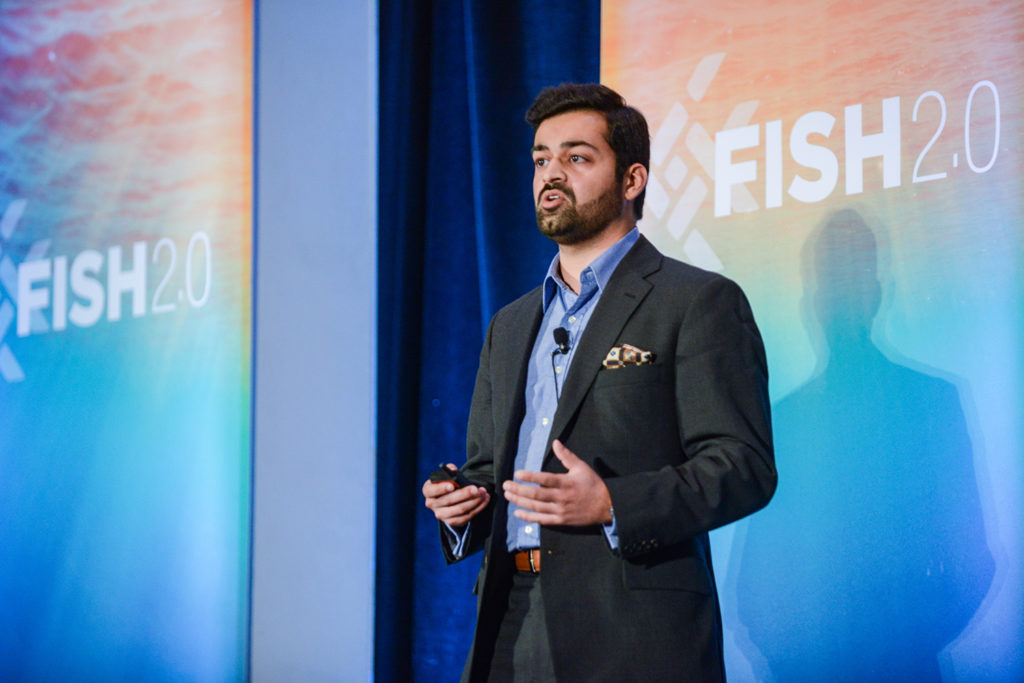
Health & Welfare
Pellet-based oral vaccine holds promise for VNN protection
An oral vaccine delivered via fish feed to defend against Viral Nervous Necrosis could be ready for market soon if everything goes according to plan for startup VakSea.
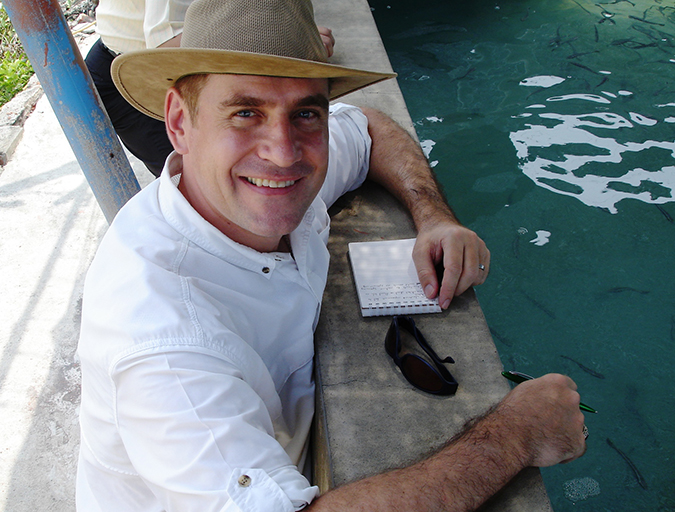
Aquafeeds
Aquaculture Exchange: Lukas Manomaitis, USSEC
The U.S. Soybean Export Council is a huge supporter of aquaculture growth globally, as so many aquafeed formulators rely on U.S. soy to create nutritious diets. The Southeast Asia senior technical advisor for USSEC’s aquaculture program talks about this symbiotic partnership.
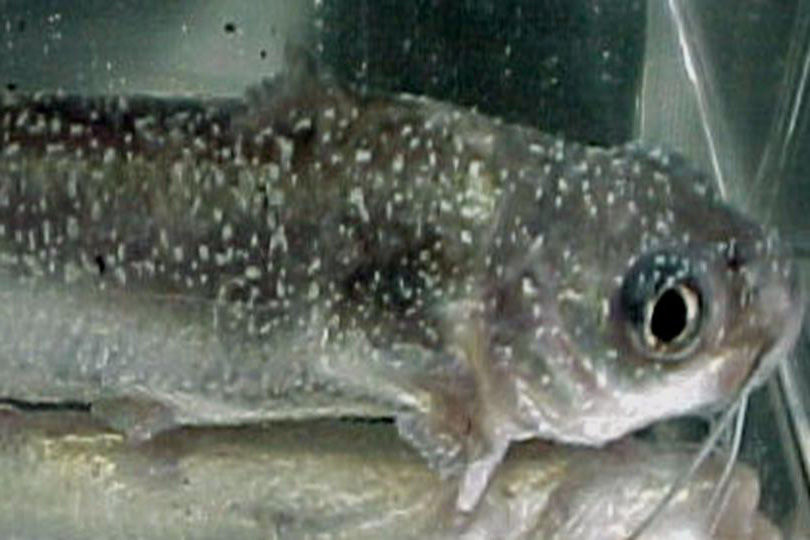
Health & Welfare
Antigens provide immunity against ich in channel catfish trials
Vaccination against the Ich parasite is an alternative to chemical treatment. Fish develop a humoral immune response to trophont antigens, with the degree of protection related to the immunizing doses of trophonts used.



